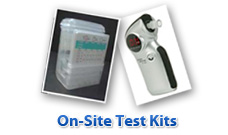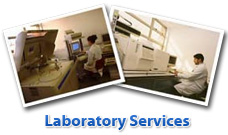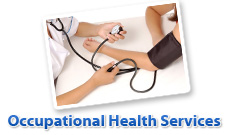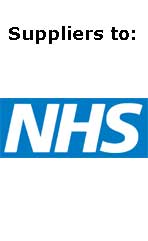Employee Alcohol and Drugs Testing
Propelled by a necessity to assure well-being, health and safety of employees, company substance misuse policies have come to be more popular within the British Isles. Even so, there still persist a variety of myths relating to the process, that can generate worry amongst the personnel being screened.
Employee Alcohol and Drugs Testing – Where is the risk?
Many people suppose that the effect of misused drugs throughout the modern workplace is a very minor matter. We all have seen Christmas anti-drink-driving commercials and know that drug driving and drink-driving can cost lives, so can’t we trust in people’s common sense? Alas, as many as fifty percent of all industrial and road fatalities across the United Kingdom are connected with drinking, drugs, or both together. Latest stats indicate that beyond 70% of substance misusers are in full-time employment, which means that the typical drug user is, in a sense, the typical staff member. Recent Home Office statistics estimate the amount of 16 to 29-year-olds that have used drugs in the most recent 12 months at approximately fifty percent of that age range. Therefore, it is irresponsible to view this as somebody else’s problem, as it is relevant to just about every place of work. While the intermittent use of illicit substances might not necessarily mean irresponsibility within the business, this does considerably broaden the probability of accidents, attendance issues and absenteeism, decreased productivity, damage to equipment and stock, compensation claims and a raised turnover of staff.
Employee Alcohol and Drugs Testing – What do businesses do? Isn’t random drug testing complicated to set up?
Numerous businesses only perform an employee drug screen after an injury or significant damage to property, a near miss or incident, or in the event they have reasonable grounds for concern or suspect that an employee may be unsafe or unfit for duty. Given the broad assortment of prospective dangers found within industrial workplaces, many managers believe it to be perfectly acceptable to trigger diagnostic tests in such instances, as a way to prevent them happening in the future.
Having said that, random drug and alcohol testing brings drug screening the workplace a stage further, whereby a fraction of the personnel is selected at random to produce a sample of breath and/or urine. You may see this as a little invasive, but it is quite commonplace for as little as five percent of the workforce to be tested up to once in every 12 month period. this is equivalent to just one in 20 individuals being drug and alcohol screened, as an alternative, as an individual, your likelihood of being actually screened would likely be just one time in each 20 years. As incredible as it seems, this kind of minimalistic testing has indeed been demonstrated to lower failure rates from as high as forty six percent down to a low of two percent in just a handful of months. This highlights that the typical substance abuser found within the average company is not addicted to drugs, but is merely making lifestyle decisions which may be reshaped in the direction of a better conclusion.
Employee Alcohol and Drugs Testing. Is this viewed as a violation of freedoms?
While certain staff members may be hesitant at first regarding the possibility of workplace drug screening, many are aware that this will be carried out in order to assure the basic safety of anybody within the place of work. So long as the extent of on-site drug screening is in proportion to the hazards inside the workplace and doesn’t deliberately disrupt staff time outside of work, it should not represent a threat to employee human rights. When it comes to America, more than ninety eight percent of the largest 1000 organisations drug test their staff without any difficulties.
Who says there is any danger when using drugs and alcohol away from the working environment?
Lots of illicit drugs have already developed a softer image by virtue of their glamorised portrayal within national radio, television and newspapers. Undoubtedly, phrases including “recreational cocaine use” do a significant deal of harm due to it glossing over the dangers to individuals. For a lot of people, snorting cocaine is unexpectedly more habit forming than heroin and can’t be used recreationally without significant threat of dependency. Dependence aside, the purity of cocaine has decreased from approximately 45% cocaine content in 2004 to as low as approximately 25% purity as of 2010 (with cocaine purity as low as 9% being reported). Even more worryingly, the cutting agents used to increase the mass of the powdered cocaine often range from local anaesthetics, cancer-causing chemicals, animal worming powders, through to insecticides. The underlying message is you can never ever count on a drug dealer.
Even substances formerly considered to be soft drugs often still carry risks. At present in Britain, a dramatic 92% of men and women taken in for treatment for mental health problems are regular users of cannabis. bearing this in mind, workplace drugs testing ultimately possesses the realistic opportunity to take on wider community and mental health concerns when it eventually is more commonplace.
Read more about drug and alcohol testing and home drug testing kits, see www.drug-aware.com
Information about the author: Christopher Evans is the Technical Director of Drug-Aware Ltd, a supplier of Employee Alcohol and Drugs Testing, alcohol and drug testing devices, laboratory services and drug awareness education. He has trained literally thousands of delegates from hundreds of companies, the HM Prison Service, the British police and hospitals and GP surgeries across the country.








